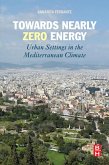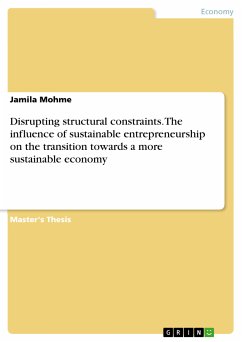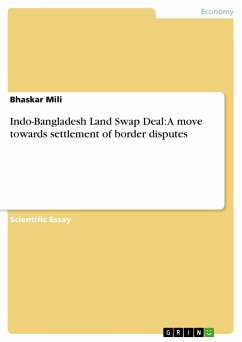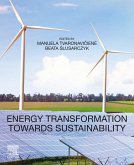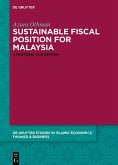Present societies are now immersed in a new and broader ?world ecology? that also includes a digital realm. We thus are capable of sharing much more information and of holding meetings and discussions, to an increasingly wider extent, via digital media. In such a context, we end up interacting on a daily basis through the mediation of "intelligent" machines relying on increasingly "smarter" algorithms. Considering the challenges that this new context brings, we wonder whether the elaboration of general (internationally agreed upon) regulations and guidelines applying to such (sometimes complex) platforms may be urgently needed. This, in order to guarantee that basic democratic rights (e.g., privacy and freedom of expression) are still respected and protected, in order to keep communication equal and free (see, e.g., relevant discussion about "net neutrality" in chapter 4). We also address the call for a more global Digital Media Ethics (Ess 2009), towards hopefully arriving at a consensual Magna Carta for the Internet (Sir Berners-Lee 2016), which would be coherent with basic democratic requirements and still relevant and encompassing enough to an increasingly "globalized" (post)modern world.
Dieser Download kann aus rechtlichen Gründen nur mit Rechnungsadresse in A, B, BG, CY, CZ, D, DK, EW, E, FIN, F, GR, H, IRL, I, LT, L, LR, M, NL, PL, P, R, S, SLO, SK ausgeliefert werden.



